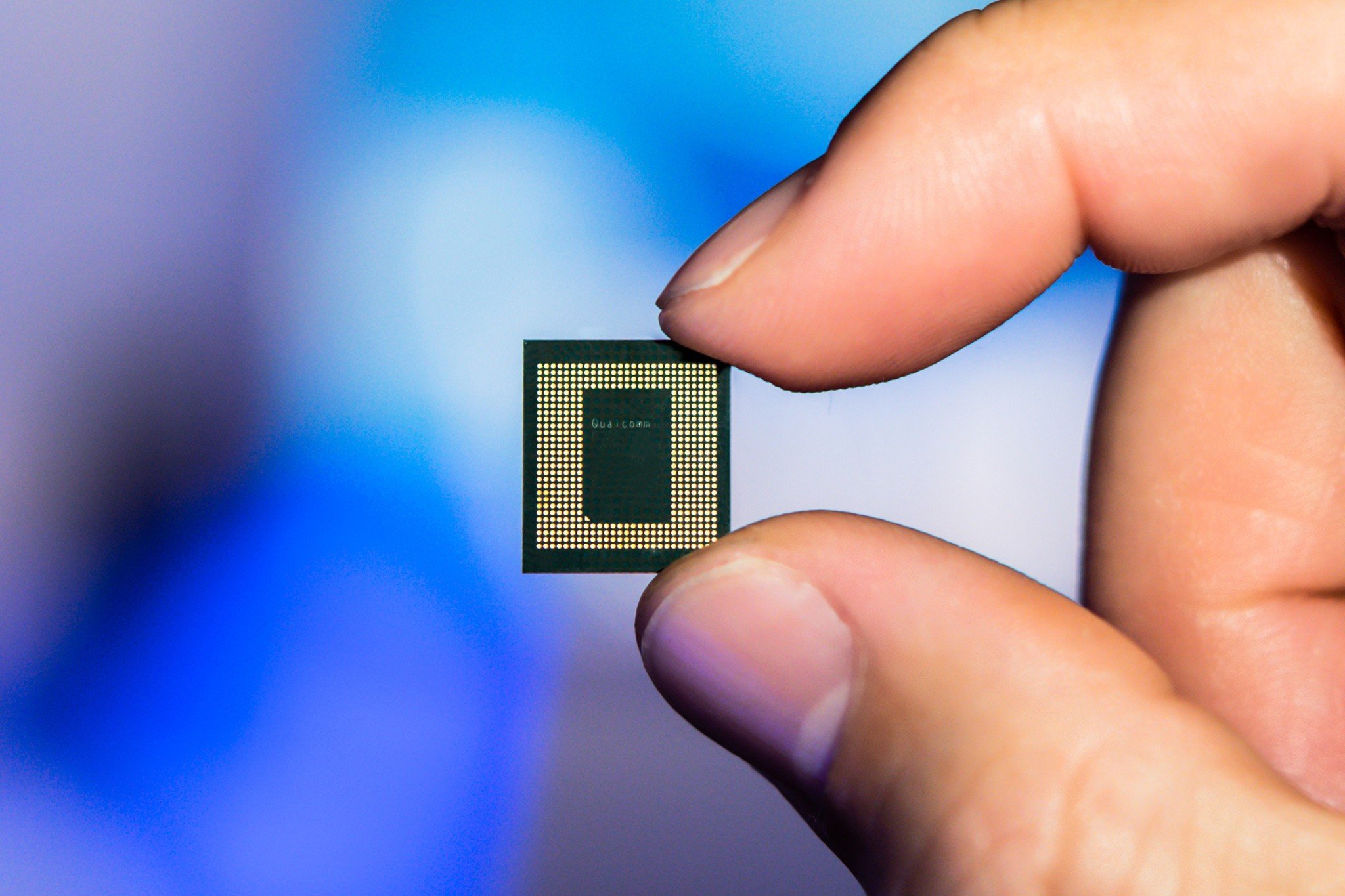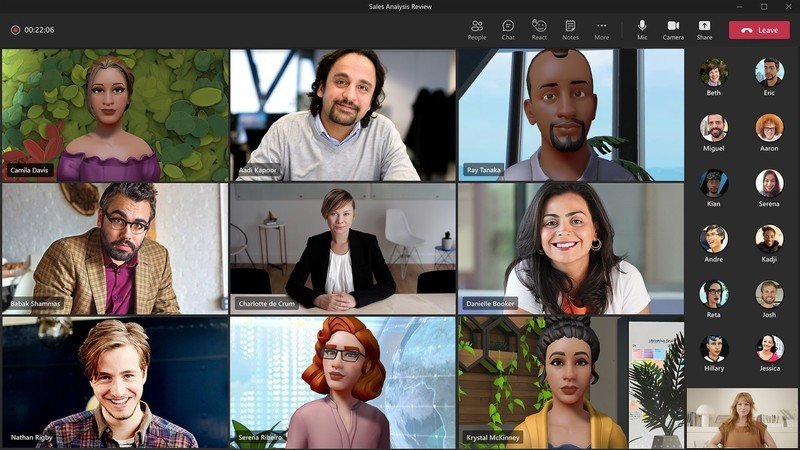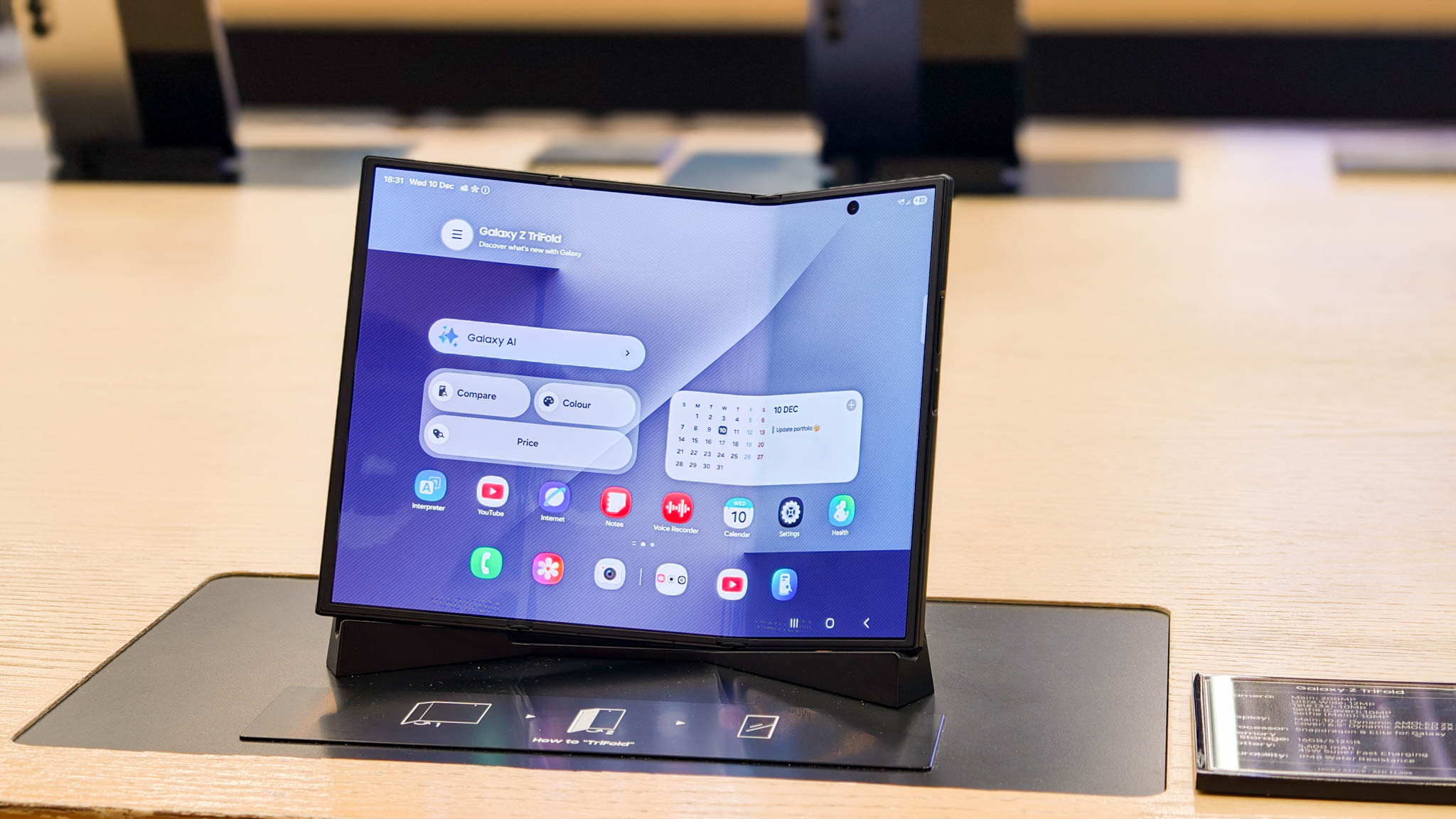Qualcomm and Microsoft are working together on new chips for the metaverse

What you need to know
- Microsoft and Qualcomm are working on new processors to power the next generation of AR glasses.
- These new chips are designed to help make AR glasses lighter and more power-efficient.
- The companies announced that Microsoft Mesh and Qualcomm Spaces will be interoperable, helping to cohesively build metaverse software technologies.
The metaverse is about as an ambiguous topic as you can get — despite the implication that Meta could own such a term given its recent rebrand from Facebook — but the term encompasses so much more than living in a virtual world hidden behind a pair of VR glasses. That's why Microsoft and Qualcomm have partnered up to develop both hardware and software technologies for one specific corner of the metaverse market.
We're talking specifically about AR glasses, a type of smart glasses that packs transparent or projected displays in the lenses of a pair of glasses to help overlay virtual objects onto the physical world. Microsoft has been a leader in this space since 2016 when it debuted its HoloLens AR glasses, and now the next generation of HoloLens and other AR glasses could be powered by the new chipset that Qualcomm and Microsoft are developing.
That new chipset is being specifically designed to enable the development of lighter and more power-efficient AR glasses, something that's sorely needed in the space if companies want to progress beyond the existing enterprise space and into the consumer realm.

In addition to this, both companies will be integrating their XR development platforms — that's Microsoft Mesh and Qualcomm Spaces, respectively — to ensure that products from a wide range of XR definitions can work seamlessly together in a coherent, cohesive way.
Microsoft recently announced that it would be bringing its Mesh platform to Microsoft Teams so that virtual meetings can be joined and experienced from a wide variety of devices.
With these new developments from Microsoft and Qualcomm, new AR glasses and other XR devices — like VR headsets — can be built on platforms that encourage open, interoperable standards, helping to create virtual worlds and technologies that can be enjoyed from many different form factors.
Get the latest news from Android Central, your trusted companion in the world of Android

